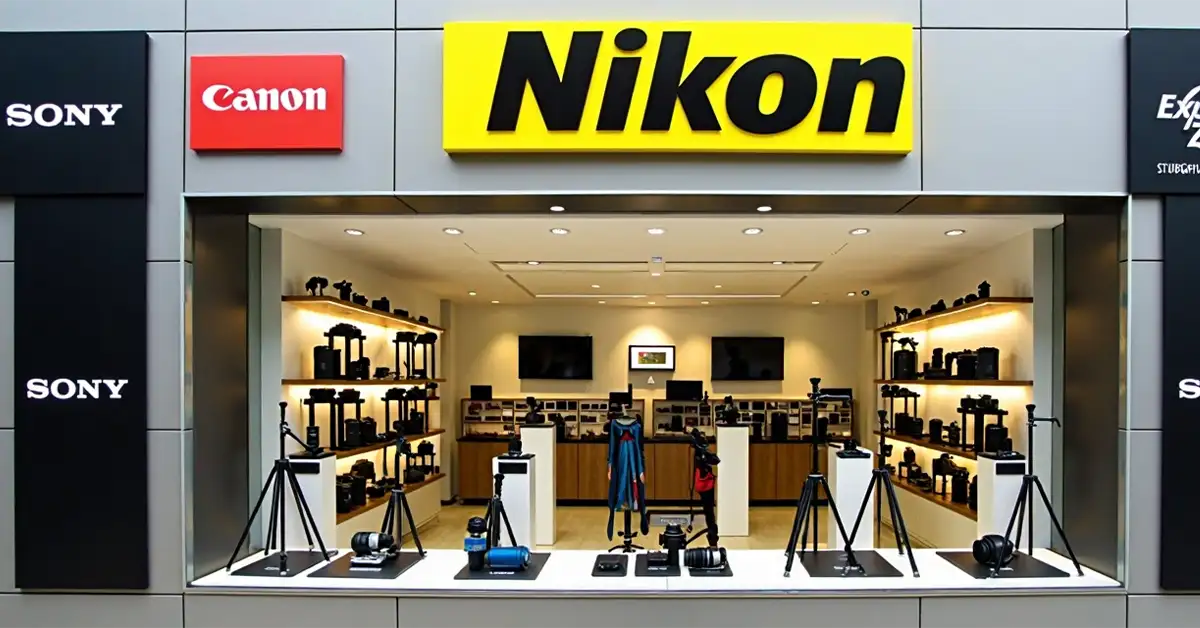Which Camera to Buy? A Complete Guide for Photography Enthusiasts
Introduction
Buying a camera isn’t as simple as picking the best-looking model or going for the highest megapixel count. Unlike point-and-shoot cameras, purchasing a mirrorless camera means investing in an entire system—lenses, flashes, and other accessories. It's crucial to consider your long-term needs before making a decision.
Also, note that DSLRs are no longer available in the market, so they are not part of this discussion. If you are upgrading from a DSLR, you will need to move to a mirrorless system.
Choosing Between Brands
Not all camera brands are equal when it comes to availability, affordability, and long-term usability. The most practical choices are Nikon and Canon, thanks to their extensive lens lineup, backward compatibility with DSLR lenses, and strong third-party support. Other brands, such as Sony, Fujifilm, and Pentax, may offer good cameras, but their lenses are often expensive and limited.
Nikon Mirrorless Cameras
Pros:
- Wide range of lenses, including compatibility with DSLR lenses via FTZ adapter
- Excellent ergonomics and menu system
- Strong third-party lens support (Sigma, Tamron, Viltrox, etc.)
- Better battery life than competitors
Cons:
- Nikon FTZ DSLR lens adapter is very costly
- Limited native APS-C (DX) lens options
Canon Mirrorless Cameras
Pros:
- Best autofocus performance for both photography and video
- RF lenses are high quality and growing in number
- Excellent color science for portraits and skin tones
Cons:
- RF lenses are generally expensive
- Limited third-party lens options due to Canon's restrictive policies
Why Avoid Other Brands?
Sony
- Great cameras but lenses are costly
- Poor ergonomics and menu system
- Lack of compatibility with older DSLR lenses
Fujifilm
- Expensive lenses and very few third-party options
- APS-C only, no full-frame upgrade path
- Not beginner-friendly due to unique control system
Pentax
- Not a practical choice as it focuses on DSLRs
- Minimal lens lineup and third-party support
- Poor resale value
Avoid Entry-Level Mirrorless Cameras
Entry-level mirrorless models are mostly designed for vloggers, with limited controls and fewer manual options. They may seem affordable but often lack the features needed for serious photography. Investing in a mid-range model is always a better idea.

Should You Buy a Camera Online?
Buying online might seem convenient, but it comes with several risks:
- Genuineness issues – Risk of receiving a counterfeit or refurbished product
- Warranty problems – Some online sellers operate outside standard distribution networks
- Damage in transit – Delicate camera equipment can be mishandled
- Online frauds – Scammers often list fake deals on lesser-known websites
The best option is to visit an authorized store, try out the camera, and buy from a trusted dealer.
Tip: Rent Before You Buy
Before making a big investment, rent the camera and lenses to get a feel for how they work. This helps you understand the positives and negatives and ensures you make an informed decision.
Final Thoughts
For long-term value and a solid photography experience, Nikon and Canon remain the best choices. Their lens ecosystem, accessory availability, and brand reliability make them the safest investments. Always plan ahead, think beyond the camera body, and make sure your chosen system meets your future needs.
